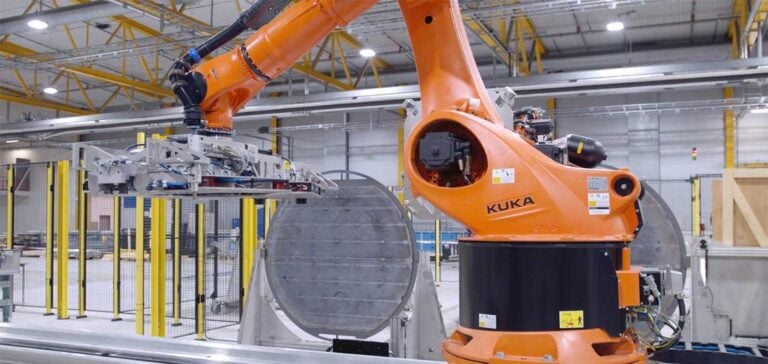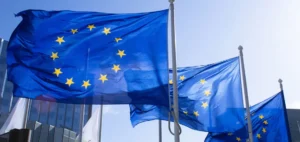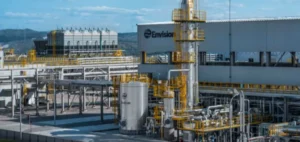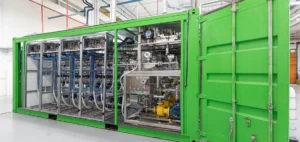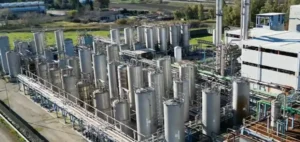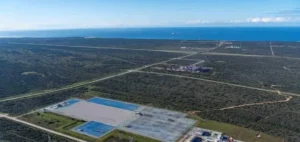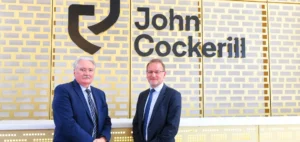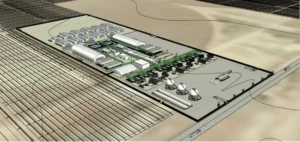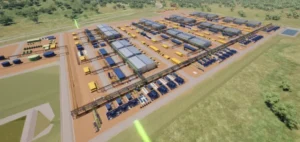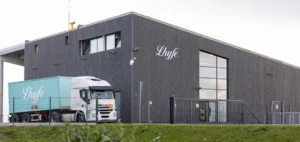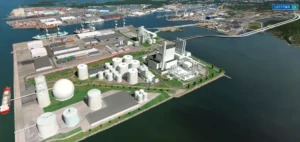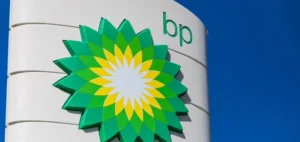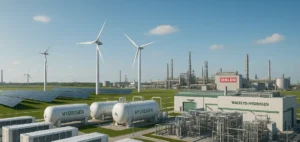Norwegian electrolyser manufacturer Nel anticipates final investment decisions for several gigawatts of electrolysis capacity worldwide by the end of 2025, driven mainly by industrial applications in mature markets. Current hydrogen demand is mainly driven by the fertilizer and refining sectors.
However, Nel warns that high interest rates and raw material prices have made new renewable energy installations more expensive, affecting market prospects. Government delays in implementing state support programs also led to lower-than-expected order intake.
Market challenges and opportunities
Despite these challenges, less than 10% of announced low-carbon hydrogen production projects have reached the final investment decision, according to analysts at S&P Global Commodity Insights. Nel reported an EBITDA loss of NOK 48 million ($4.5 million) in the first half of the year, compared with a loss of NOK 133 million in the first half of 2023.
The demerger of Nel’s hydrogen refueling division into a separate company in June brought the company closer to profitability for its electrolyser business. This strategy enables Nel to concentrate on the manufacture of electrolyzers.
Production Capacity Expansion
In the second quarter, Nel completed the expansion of its alkaline electrolysis production capacity at Heroya, Norway, to 1 GW/year, following the construction of a second 500 MW/year line. The company is considering further expansion to 2 GW/year, subject to market demand, but has not yet committed capital expenditure to this project.
At the same time, Nel is progressing with the expansion of its proton exchange membrane (PEM) cell production to 500 MW/year at its Wallingford plant in the United States, from the current 50 MW/year, with investments of around NOK 120 million. Nel is also planning a 4 GW/year facility in Michigan, and has secured nearly $170 million in backing for this project, although a final investment decision has yet to be made.
Strategic Agreements and Partnerships
In May, Nel signed a technology licensing agreement with India’s Reliance Industries for exclusive rights to Nel’s alkaline electrolyzers in India, also enabling Reliance to manufacture these electrolyzers for internal use worldwide. Reliance plans to set up four gigafactories in Jamnagar, Gujarat, for the manufacture of renewable equipment, battery storage, fuel cells and hydrogen, and is targeting 100 GW of renewable energy capacity by 2030.
In April, Nel received a capacity reservation order from Hy Stor Energy for over 1 GW of alkaline cell capacity for its Mississippi Clean Hydrogen Hub project in the USA.
Platts’ assessment of the cost of producing hydrogen using alkaline electrolysis in Europe, estimated at €4.92/kg ($5.38/kg) on July 16, underlines the current economic challenges. Despite the obstacles, Nel continues to expand its production capacity and forge strategic partnerships, positioning the company to meet growing global market demand.

